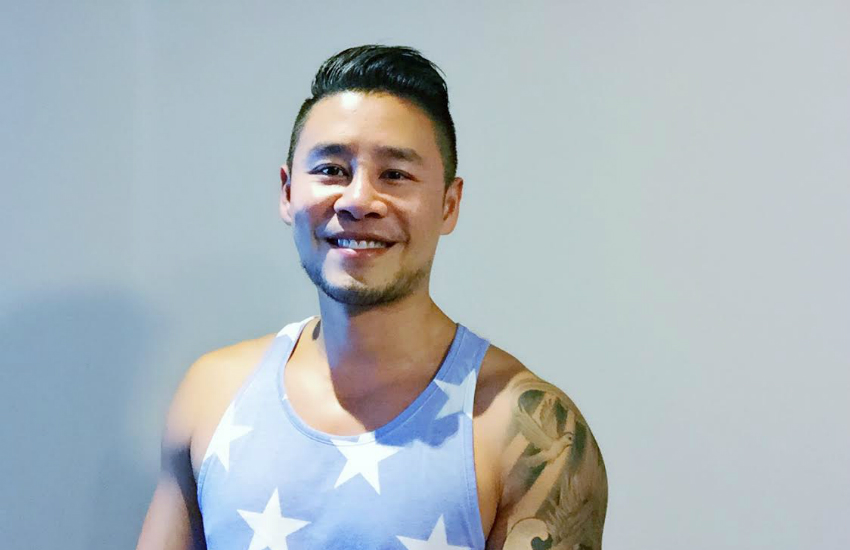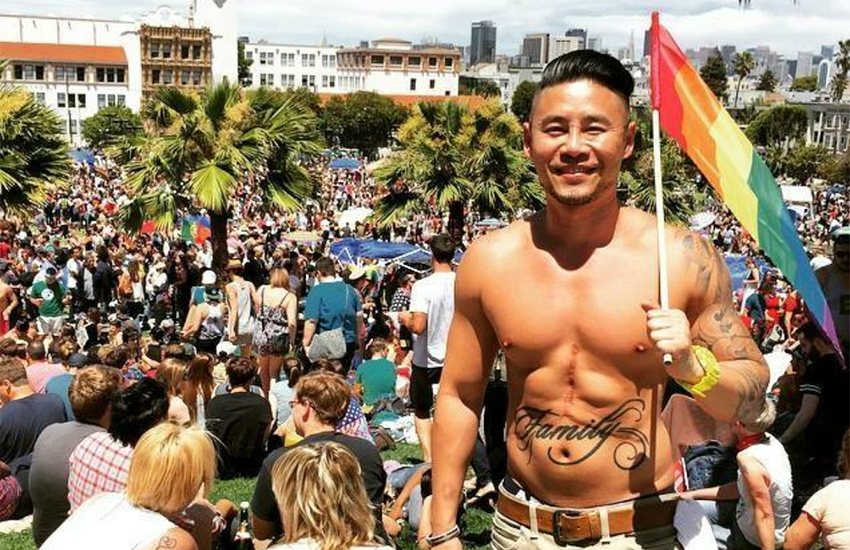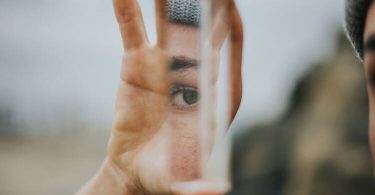Singapore’s Johnson Ong, AKA DJ Big Kid, is taking on Section 377A (Photo: Facebook)
Debate over Singapore’s anti-gay law, Section 377A of the Penal Code, has intensified in the city state.
Ministers have commented and a government-led committee has reviewed the legislation. Thousands of people have signed petitions both for and against Section 377A.
Meanwhile, Singapore resident Johnson Ong, is taking the case to the High Court. He and his lawyers will argue that the rights-abusing law is unconstitutional.
Singapore’s Attorney-General has been listed as the defendant and a pre-trial conference will take place on 25 September. Singapore’s highest court in 2014 dismissed a similar appeal.
Gay Star News spoke to DJ Big Kid about why he wanted to bring this case to court. We also chatted to his lawyer, Suang Wijaya, about how they plan to fight the legislation.

Singapore’s Johnson Ong, AKA DJ Big Kid, is taking on Section 377A (Photo: Supplied)
Why?
Ong, a 43-year-old who is also known as DJ Big Kid, filed the legal challenge on Monday (10 September).
‘It is imperative that the next generation of Singaporeans at the very least have the protection of the law that does not label them criminals,’ he told Gay Star News.
Ong grew up in a traditional family. A Christian mission school taught him that homosexual sex was the ultimate sin against God.
‘Growing up as a gay kid, this was devastating to me,’ he told Gay Star News. ‘I was often confused, in despair and hated myself for having attractions for others of my same gender’.
As he tried to ‘pray the gay away’ he became a moody, irritable teenager. He explained that, as an adult, Section 377A reinforced earlier teachings. It made him feel: ‘I am lesser than, that I am a criminal’.
India’s landmark ruling last week to finally decriminalize gay sex bolstered Ong to act. Veteran Singaporean diplomat Tommy Koh’s call to arms also energized him.
But, he said, ‘any time is a good time for equality’. With Section 377A on the books he said ‘growing up is a lonely and arduous process for LGBTQ Singaporeans’.
Last year, Ong made a thought-provoking video about why gay men in Asia were drawn to chemsex.
[embedded content]
How?
Wijaya is partner at the law firm Eugene Thuraisingam LLP. The firm regularly acts in matters involving questions of public interest law in Singapore, he said. They will be taking on the case pro bono.
Wijaya will have to convince the courts to overturn their earlier 2014 decision that ruled Section 377A was constitutional.
Ong’s lawyers will argue that Section 377A violates Article 9(1) of the Constitution. It states: ‘no one shall be deprived of life and personal liberty save in accordance with law’.
‘We will argue that dignity is a foundational concept which forms the bedrock of the Fundamental Liberties provisions of the Singapore Constitution’, Wijaya told Gay Star News.
To support the argument, lawyers will demonstrate that sexual orientation is ‘unchangeable or suppressible at unacceptable personal cost’.
Wijaya said 2014’s petition did not consider ‘human dignity’ mentioned in the Constitution. Lawyers will also highlight a lack of expert evidence in the 2014 case.
Significantly, Wijaya and his team will provide as evidence global rulings on LGBTI rights since 2014. These will include the USA’s landmark legalization of same-sex marriage in 2015. And a Hong Kong court’s ruling that immigration must treat same-sex married couples equally to opposite-sex couples.
It will also include landmark decriminalization by India’s Supreme Court last week. Singapore’s 377A is based on the same colonial-era legislation.
Wijaya said the firm took on the case because ‘our personal belief that the legislation is unconstitutional and on that basis we take the view that the law should not remain’.
A number of the 71 countries could soon follow India’s decriminalization. In a April a court in Trinidad and Tobago ruled that an anti-gay law was unconstitutional.
LGBTI campaigners in Kenya are fighting a legal challenge to colonial era laws prohibiting any sex that doesn’t involve penis-vagina penetration.







